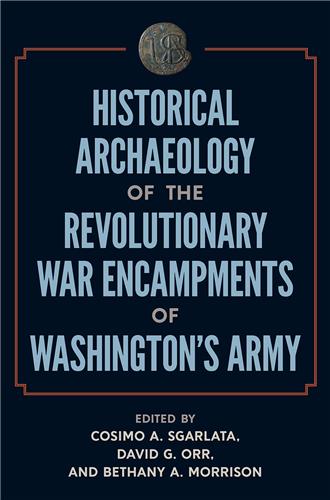Opening a window onto the little-known Japanese-American heritage of Florida, Yamato Colony is the true tale of a daring immigrant venture that left behind an important legacy. Ryusuke Kawai tells how a Japanese farming settlement came to be in south Florida, far from other Japanese communities in the United States.
Browse by Subject: History
Please note that while you may order forthcoming books at any time, they will not be available for shipment until shortly before publication date
Contesting the assumption that early American economists were committed to Adam Smith’s ideas of free trade and small government, this book provides a comprehensive history of the nation’s economic thought from 1790 to 1860, tracing the development of a uniquely American understanding of capitalism.
Highlighting the long unacknowledged role of a group of pioneering professional women, The Public Health Nurses of Jim Crow Florida tells the story of healthcare workers who battled racism in a state where white supremacy formed the bedrock of society. They aimed to serve those people out of reach of modern medical care.
In Deadly Virtue, Heather Martel argues that the French Protestant attempt to colonize Florida in the 1560s significantly shaped the developing concept of race in sixteenth-century America. Telling the story of the short-lived French settlement of Fort Caroline in what is now Jacksonville, Florida, Martel reveals how race, gender, sexuality, and Christian morality intersected to form the foundations of modern understandings of whiteness.
Examining the ways in which NASA’s goal of space exploration both conflicted and aligned with the cause of racial equality, this volume provides new insights into the complex relationship between the space program and the civil rights movement in the Jim Crow South and abroad.
Smith treats the Passamaquoddy Bay smuggling as more than a local episode of antiquarian interest. Indeed, he crafts a local case study to illuminate a widespread phenomenon in early modern Europe and the Americas.
Nation within a Nation features cutting-edge work by lead scholars in the fields of history, political science, and human geography, who examine the causes—real and perceived—for the South's perpetual state of rebellion, which remains one of its most defining characteristics.
In her third cookbook, Sallie Ann Robinson brings readers to the dinner table in South Carolina’s Lowcountry. Born and raised on the small, remote island of Daufuskie, Robinson shares the food and foodways from her Gullah upbringing.
This volume presents recent archaeological and ethnohistorical research on the encampments, trails, and support structures of the Continental Army during the American Revolutionary War, illuminating the daily lives of soldiers, officers, and camp followers apart from the more well-known scenarios of military campaigns and battles.
This book collects previously unpublished letters written by a merchant in north Florida before the Civil War, offering a view of the region's transformation to a market economy due in part to its increased reliance on slavery.











